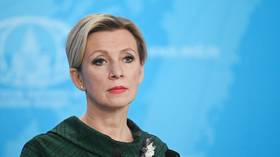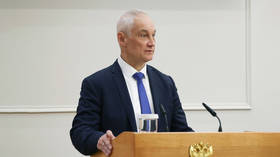UK slips into recession

The British economy fell into recession in the final quarter of 2023, according to official figures released on Thursday.
GDP dropped by 0.3% in the fourth quarter following a 0.1% decline in the previous quarter, the Office for National Statistics (ONS) has said. A technical recession is typically defined as two successive quarters of contracting output.
All three main sectors of the economy – services, production, and construction – posted declines in the fourth quarter, according to the ONS.
For the whole of 2023, the economy is estimated to have increased by 0.1%, which the ONS described as “the weakest annual change in real GDP since the financial crisis in 2009,” excluding the pandemic year of 2020. In 2022, growth stood at 4.3%.
According to the government, high inflation has been the single biggest barrier to growth. Although price growth in the country has come down from the 11% peak recorded in 2022 and stood at 4% as of January, it’s still double the Bank of England’s 2% target.
Some economists also partially attribute the weak economic performance to the effects of Brexit.
The data released on Thursday represents a preliminary estimate and is subject to revision, the ONS noted.
For more stories on economy & finance visit RT's business section












